Description
Quercetin belongs to a water-soluble group of plant pigments called flavonoids found in fruits, vegetables, and herbs. It exists in a variety of foods like apples, berries, grapes, onions, shallots, Brassica vegetables, tea, tomatoes, nuts, seeds, and more.
Quercetin demonstrates many biological effects. It has been studied for its anti-inflammatory, antioxidant, anticarcinogenic, and anti-viral activity along with immune and liver support. Quercetin helps support healthy respiratory and immune function and reduce allergic response.* Quercetin also may help lower blood sugar and improve insulin sensitivity.
Benefits
Quercetin reduces the effects of histamine in the body and may help stabilize mast cells. Weng and colleagues favorably compared quercetin to the pharmaceutical drug cromolyn (a mast-cell stabilizer). They found that both agents inhibited secretion of histamine, prostaglandins, & leukotrienes. Quercetin was more effective than cromolyn at reducing inflammation. Also, quercetin was better at preventing symptoms, while cromolyn can only be used acutely or it rapidly loses its effect. In another study, quercetin reduced allergic eye symptoms caused by pollen.
This flavonoid also demonstrated anti-inflammatory and antioxidant effects in men with chronic prostatitis. Quercetin may reduce inflammation by inhibiting production of enzymes that produce inflammatory cytokines. It has shown anti-inflammatory properties in patients with coronary artery disease, for example reducing inflammatory agents like NF-kB, interleukins, and TNF-alpha. Because of its anti-inflammatory effects, quercetin may hold some application in helping patients with arthritis.
As far as immune support, a study revealed that Quercetin reduces respiratory tract infection rates among athletes. Animal models of autoimmunity showed that quercetin exhibited immune modulating effects.
Quercetin supports liver function in a number of ways. It has been shown to ameliorate alcohol-induced fatty liver, reduce liver damage, and normalize liver enzyme activity. It may help reduce the effect of toxins, such as pesticides, on the liver. Quercetin is an excellent antioxidant and potent scavenger of reactive oxygen species.
Quercetin dihydrate by Nutritional Frontiers contains 250 mg per capsule and is generally dosed at 1 capsule twice a day, or as directed by your healthcare practitioner.
Supplement facts
SUPPLEMENT FACTS
Serving Size: 2 Capsules
Servings Per Container: 30
Amount Per Serving
Quercetin 500 mg
(as Quercetin Dihydrate 95%)
Other Ingredients: Other Ingredients: Rice Flour, Vegetable Cellulose (Capsule), Magnesium Stearate.
Suggested Use: As a dietary supplement, take 2 capsules daily, or as directed by your healthcare practitioner.
Warning: If pregnant or nursing, consult your healthcare practitioner before taking this product.

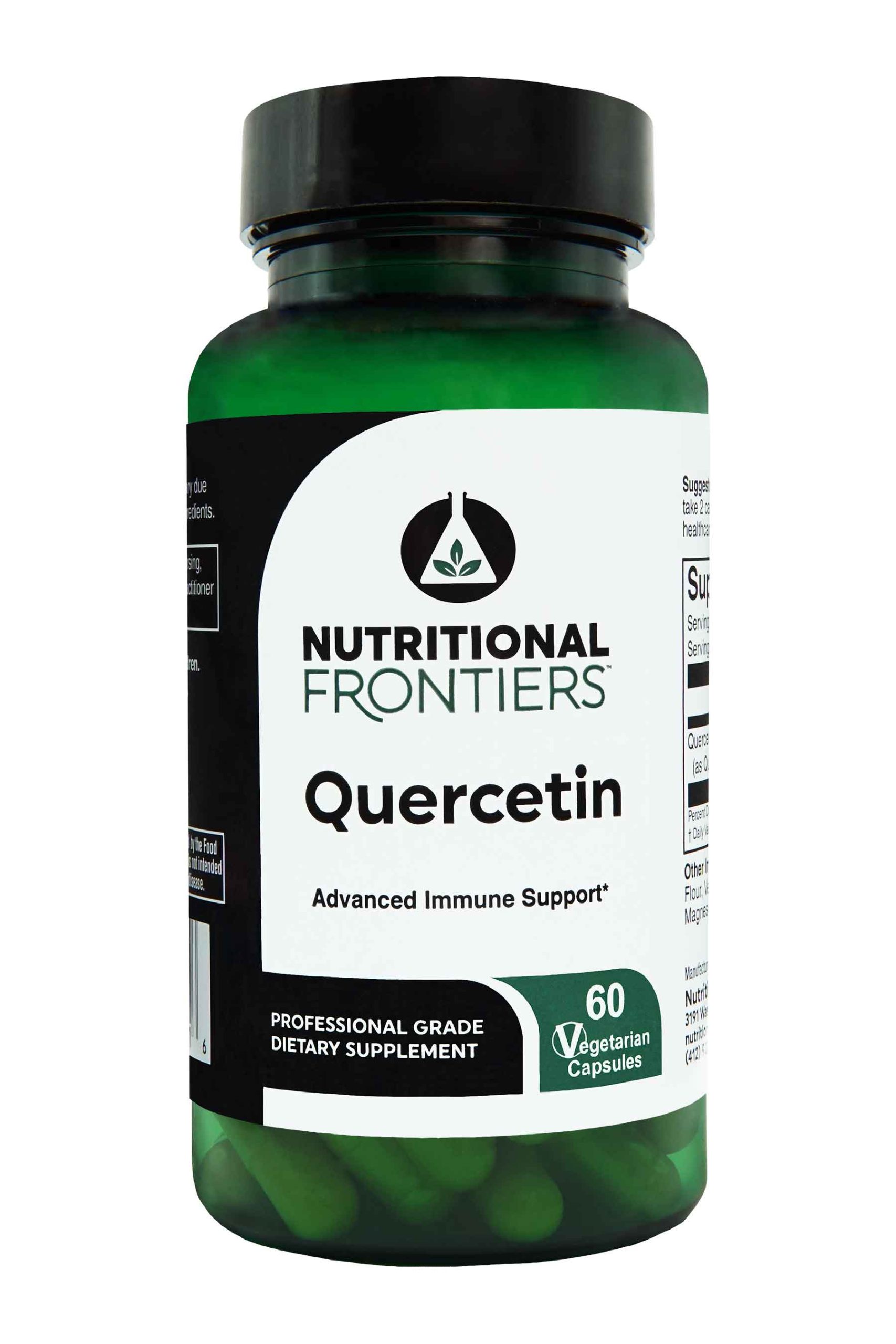
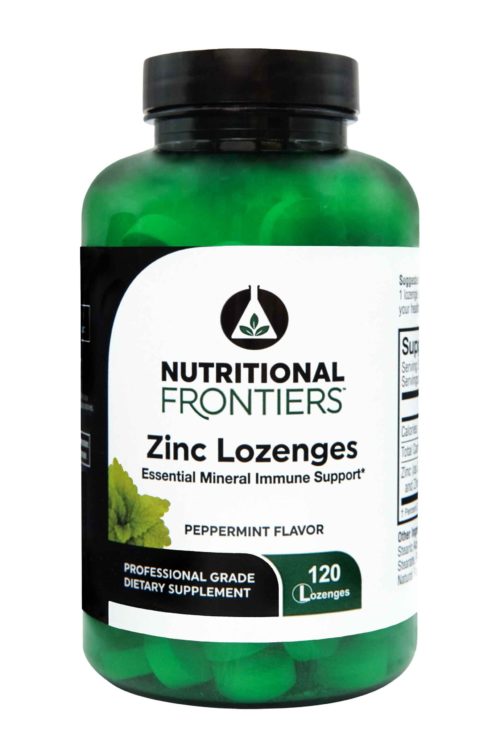
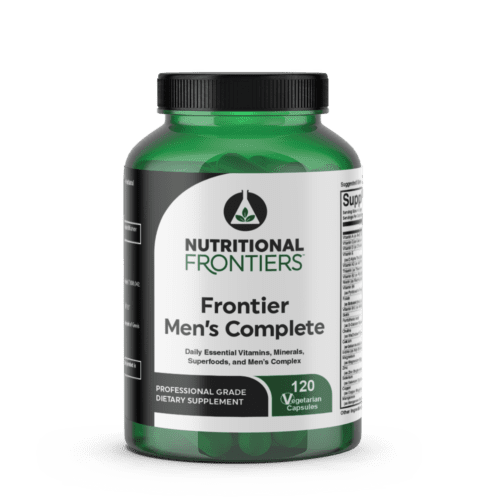
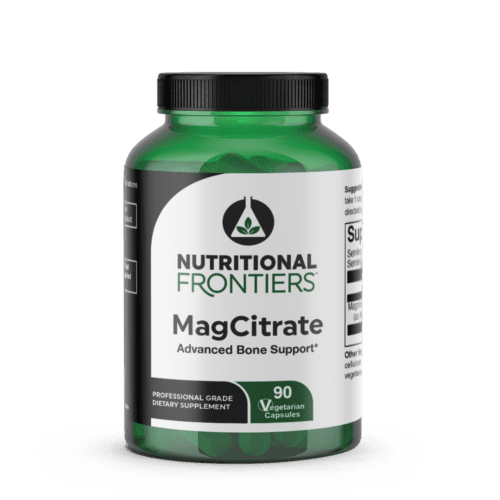
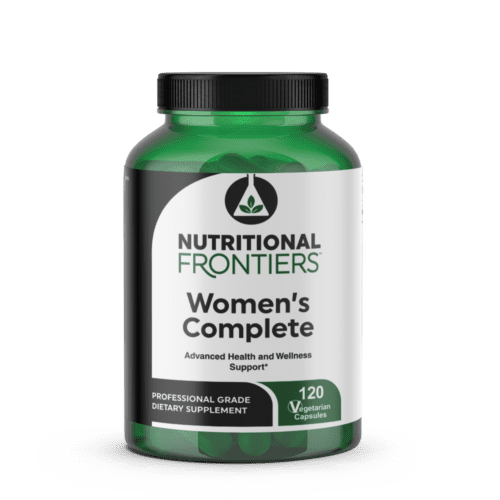
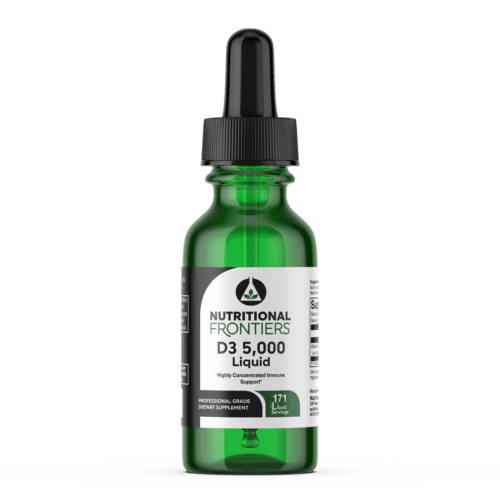
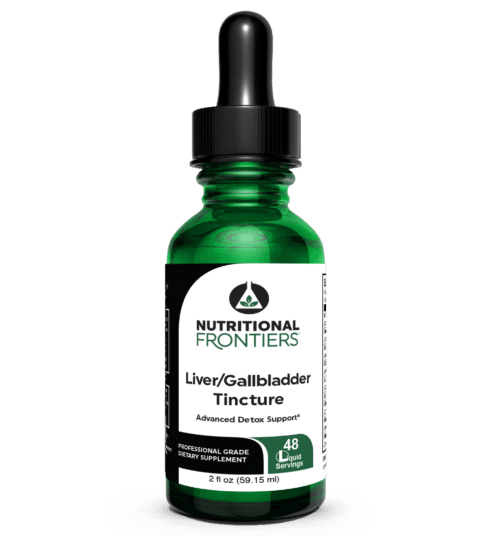
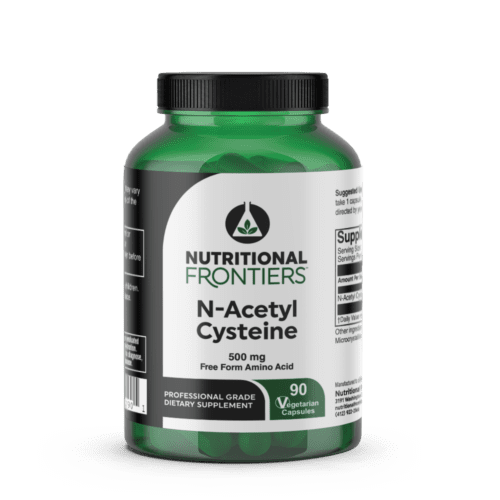
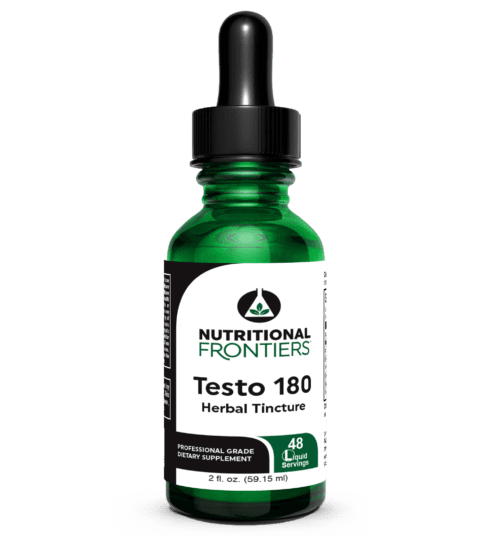
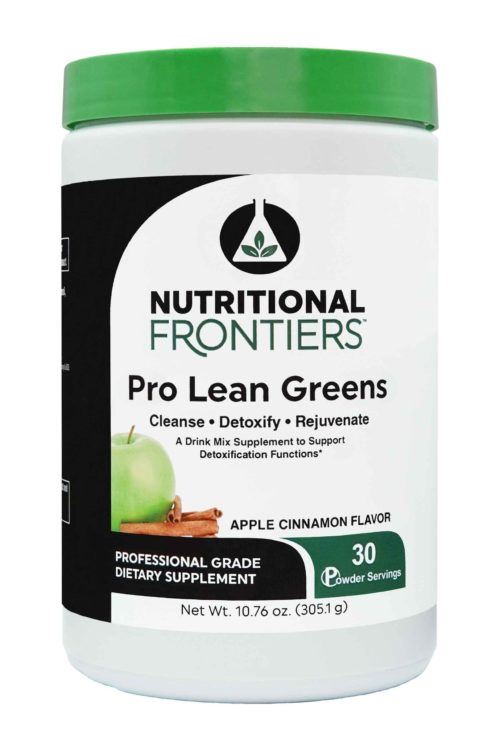
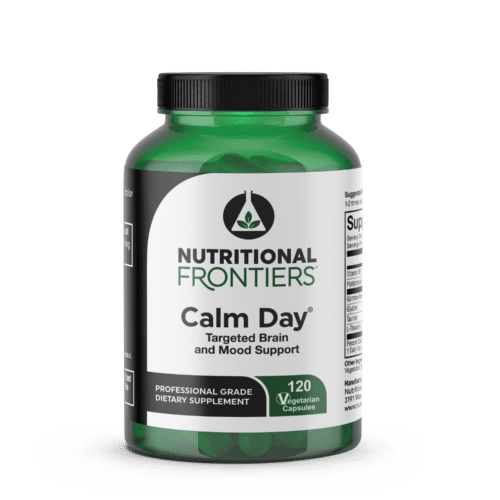
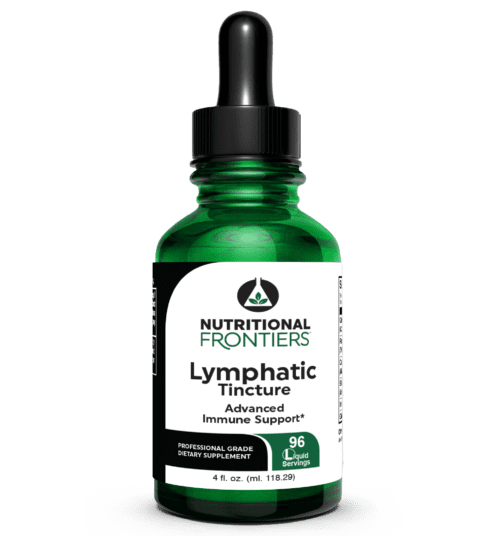
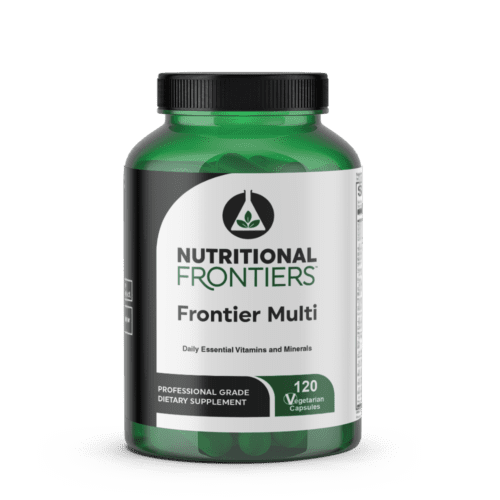
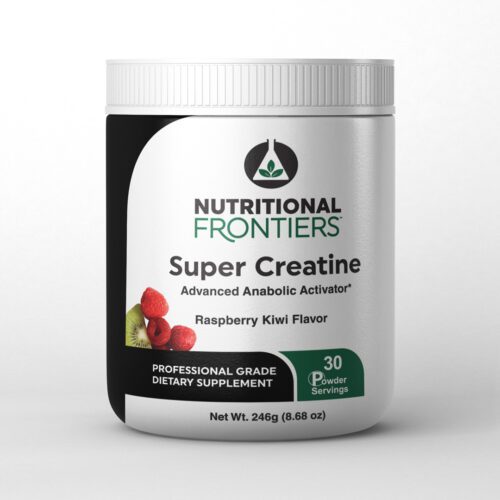
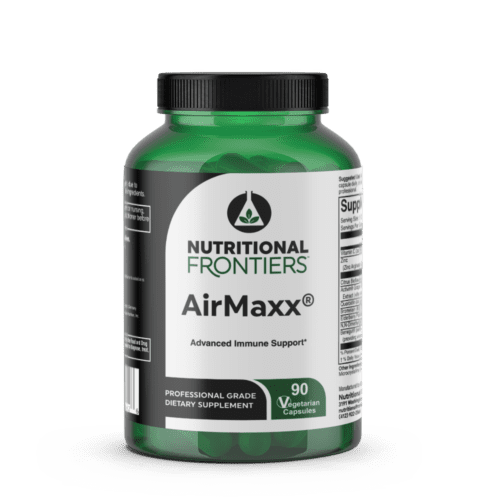
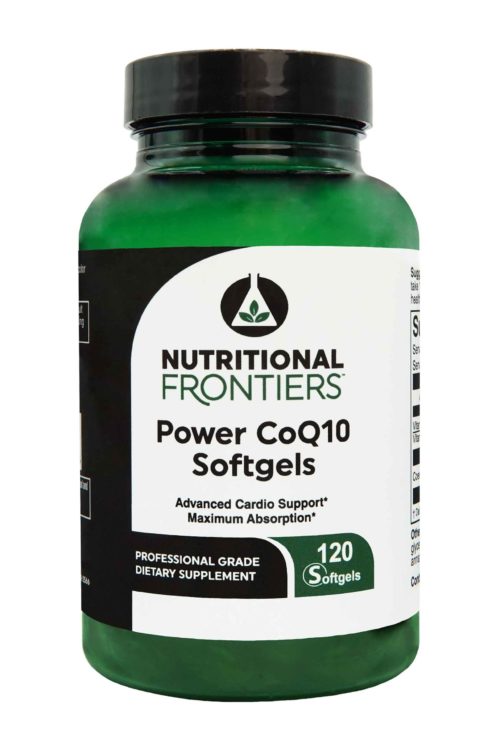
Reviews
There are no reviews yet.